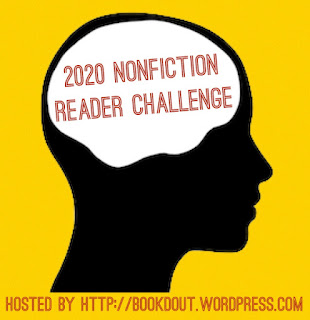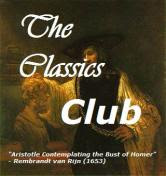If you are familiar at all with the writings of the 19th Century educator, Charlotte Mason, you will know that one of her signature ways of illustrating a liberal education is to compare it to that of a feast that is spread before the child.
As educators we are responsible for choosing the food for the feast. If we provide a variety of excellent food and allow the child liberty to choose what appeals to their taste, nourishment will take care of itself.
I think the feast metaphor is very apt. A child’s food preference can change over time and they can acquire a taste for things they rejected in the past. One of my sons would have lived on bread alone if I’d let him, but it wouldn’t have been a healthy diet. His tastes in food developed much more diversity as he grew, as did his intellectual tastes and appetite, because he was served nourishing food – literally and metaphorically.
The Glimpses of the Moon by Edith Wharton was published in 1922 a year before Charlotte Mason died. I read it recently and was impressed by a couple of passages that touched on education as they shared a close similarity to Mason's educational ideas.
Wharton was American but she spent much of her time in Europe (The Glimpses of the Moon was set mostly in France). During WWI she remained in Europe and established schools for children escaping from Belgium after the German occupation. She had a 'gift for languages and a deep appreciation for beauty - in art, architecture and literature': Edith Wharton | The Mount | Edith Wharton's Home
Merry Family by Jan Steen, 1688
'Take care of five Fulmers for three months! The prospect cowed her.'
The Fulmers were an artistic couple living in a cramped cottage and both Susy and her husband to be, Nick Lansing, had spent time with them and their noisy family before they had considered marriage. They couldn’t understand how the Fulmer’s lived as they did - bad food and general crazy discomfort - but they had more amusement in their company than they had with any of their rich friends and their opulent house parties.
The Lansings married some time afterwards after hatching a scheme whereby they’d live off their wedding gifts of money and accommodation but with the understanding that if either of them found a way to climb the social ladder, the other would not stand in the way but agree to a divorce. Barely a year later their plans had unravelled and out of desperation Susy agreed to look after this ‘uproarious tribe’ while their parents were in Italy.
'But in these rough young Fulmers she took a positive delight, and for reasons that were increasingly clear to her. It was because, in the first place, they were all intelligent; and because their intelligence had been fed only on things worth caring for. However inadequate Grace Fulmer’s bringing-up of her increasing tribe had been, they had heard in her company nothing trivial or dull: good music, good books and good talk had been their daily food, and if at times they stamped and roared and crashed about like children unblessed by such privileges, at others they shone with the light of poetry and spoke with the voice of wisdom.
That had been Susy’s discovery: for the first time she was among awakening minds which had been wakened only to beauty. From their cramped and uncomfortable household Grace and Nat Fulmer had managed to keep out mean envies, vulgar admirations, shabby discontents; above all the din and confusion the great images of beauty had brooded, like those ancestral figures that stood apart on their shelf in the poorest Roman households.'
Charlotte Mason believed that children should be given the best going on the subject - really good books; that we should try, however imperfectly, to make education a science of relationships. These thoughts from Edith Wharton on education - feed children only on things worth caring for - were an unexpected surprise to me and echoed the ideas that I've been reading in Charlotte Mason's writings.
The tentacles of the science of relationships are far reaching.
We're using The Glimpses of the Moon instead of The Great Gatsby for Literature in AO Year 11.








































